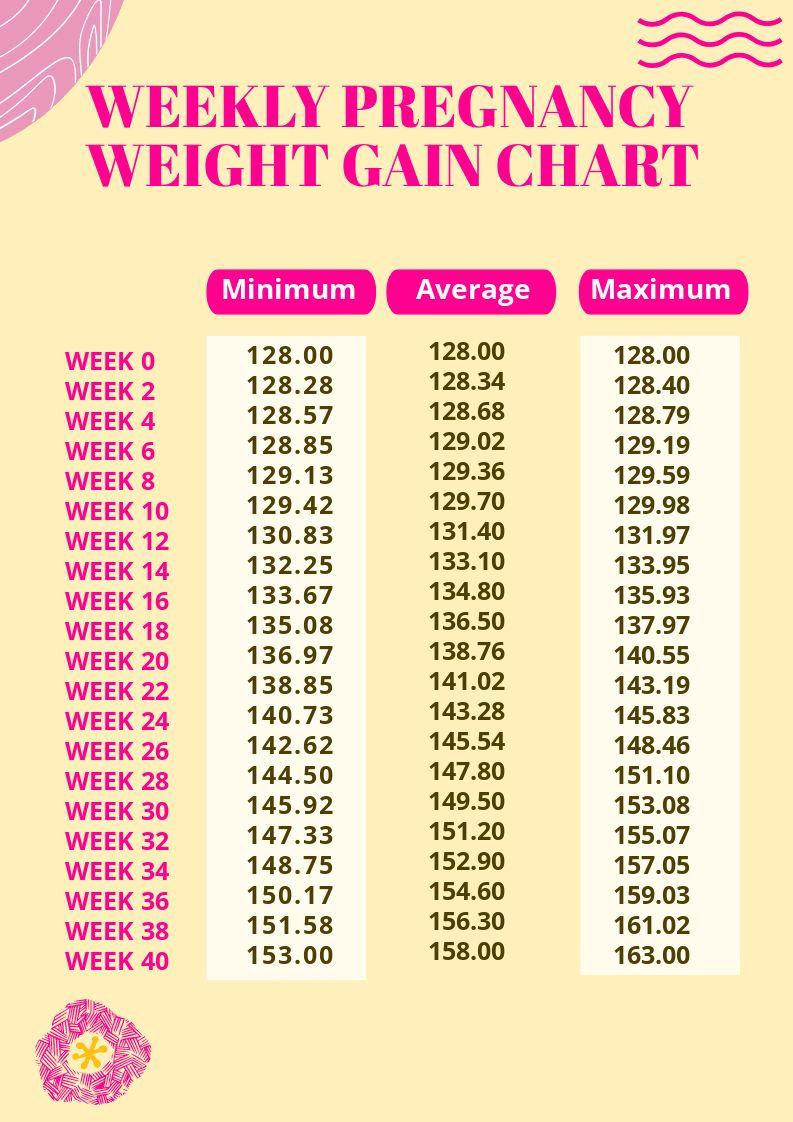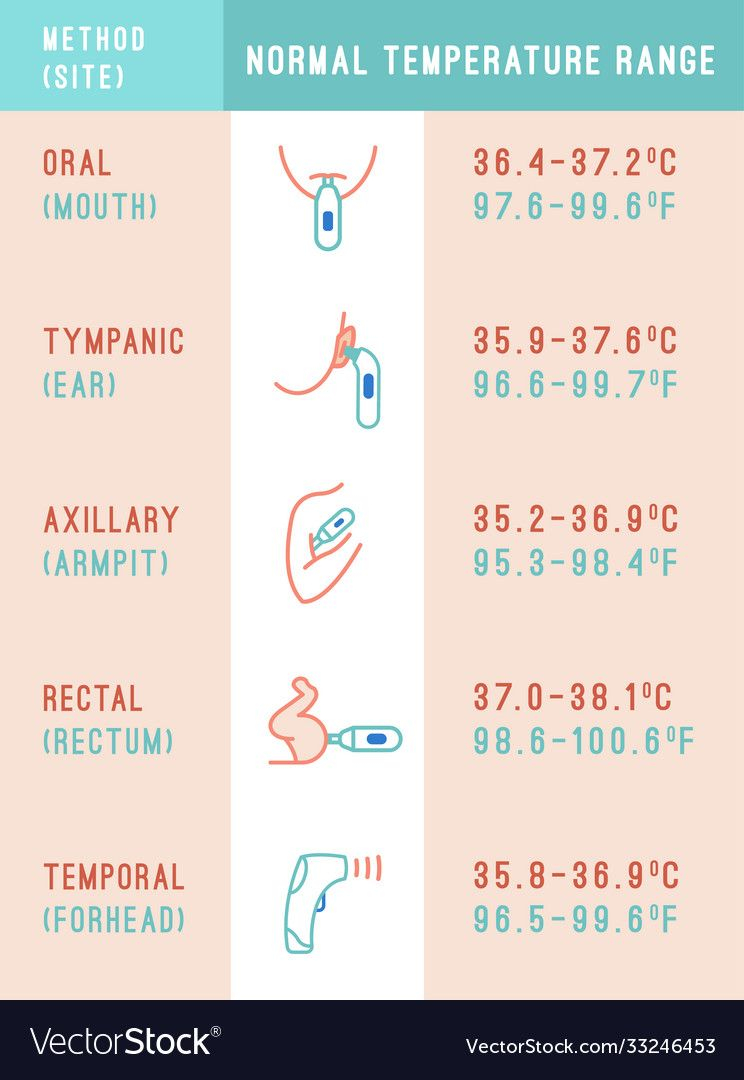How Much Weight Does A Baby Gain In A Month
Are you a new parent wondering how much weight your baby should be gaining each month? Understanding the average weight gain of a baby is essential for monitoring their growth and development. In this article, we will delve into the topic of how much weight a baby gains in a month, providing you with valuable insights and information to help you track your little one’s progress.
Knowledge
During the first few months of life, babies experience rapid growth and weight gain. On average, a newborn baby will gain between 5 to 7 ounces per week, which translates to about 1 to 2 pounds per month. This weight gain is crucial for their overall development and health. By the time your baby reaches 6 months of age, they should have doubled their birth weight.
Several factors can influence how much weight a baby gains in a month. These include:
1. Breastfeeding or formula feeding: Breastfed babies may gain weight at a different rate compared to formula-fed babies.
2. Genetics: Some babies may have a genetic predisposition to gain weight more quickly or slowly.
3. Metabolism: A baby’s metabolism can also impact their weight gain.
4. Health conditions: Certain health conditions may affect a baby’s weight gain, so it’s essential to consult with a pediatrician if you have concerns.
It’s important to monitor your baby’s weight gain regularly to ensure they are growing at a healthy rate. Your pediatrician will track your baby’s growth during well-child visits and let you know if there are any concerns. Remember that every baby is unique, and growth patterns can vary.
Conclusion
In conclusion, understanding how much weight a baby gains in a month is essential for parents to ensure their little ones are growing and developing properly. By keeping track of your baby’s weight gain and consulting with your pediatrician, you can ensure that they are on the right track. Remember that every baby grows at their own pace, so it’s essential not to compare your child to others. Trust the process and enjoy watching your baby thrive!
Overall, this article is beneficial for new parents who want to learn more about their baby’s growth and development. By understanding the average weight gain of a baby and the factors that can influence it, parents can feel more informed and confident in caring for their little ones.
As your baby grows, their weight gain will continue to be an essential indicator of their health and development. By staying informed and working closely with your pediatrician, you can ensure that your baby is healthy, happy, and thriving. Remember to enjoy every moment of your baby’s growth journey and cherish these precious moments.






